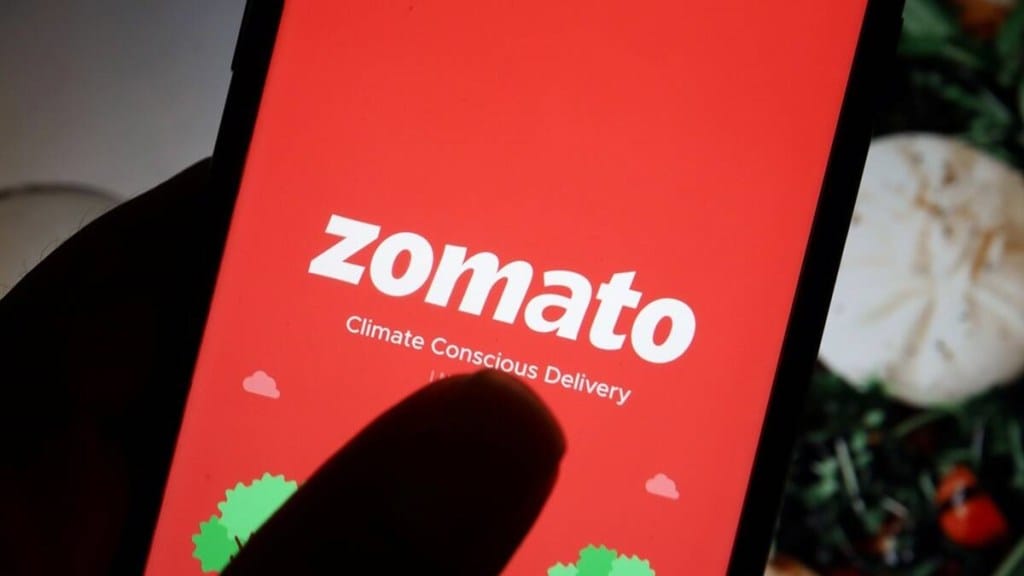Food delivery platforms Zomato and Swiggy have restricted password sharing in the latest updates to their loyalty programmes. Accordingly, members can use the same account on only two devices. This is the first time such restrictions have been introduced, reportedly because of misuse by subscribers.
In the past, several Zomato Gold — which offered one plus one offers — users shared screenshots of the offers with non-members, which led the company to make its first set of tweaks. As the loyalty programmes kept evolving, learning from past mistakes, Zomato capped on the number of free dishes per table, allowed restaurants decide on the discount percentage, and even extended benefits of the scheme to home delivery, and not just limiting benefits to dining in.
The stricter policies come at a time when investors are pushing for Zomato to deliver profits. The company has said it was it on track to break-even by Q2FY24. “Zomato Gold is intended for personal use and, as stated in our terms, can only be used on a maximum of two devices. This restriction helps prevent any misuse and ensures the sustainability of the programme,” a company spokesperson told FE.
Also read: PMEGP: Over 4 lakh jobs generated by micro enterprises under govt’s job scheme during April-Jan FY23
Abhisek Banerjee, lead analyst, Internet, ICICI Securities, said: “A lot of the power users, who order around 100 times in a year or for Rs 40,000 per annum, are not going to be stingy and share passwords anyway, so from a long-term perspective, the restrictions on password sharing is going to be in the right direction of profitability. The move might impact the number of orders and the gross order value for one quarter but it’s not a systemic risk. It helps the players weed out consumers making use of loopholes.”
“The new customers’ average order value (AOV) is lower than repeat customers. So, the trajectory here is that as customers mature, their AOV starts going up before it settles down at a steady level,” Zomato’s management said during the company’s earnings call last week.
Also read: City Union Bank PAT up 11% at Rs 218 cr
Both Zomato and Swiggy price their loyalty programmes differently for each customers. Some users pay Rs 249 for three months, while for others the charge is upwards of Rs 399 for the same scheme. Explaining the differential charge, a Swiggy spokesperson said, “From time to time, one may come across a few cases of users receiving a discount on the subscription fee. We offer these time-bound discounts to users whom we believe have not fully realised the benefits of the programme to encourage higher participation.”
Analysts pointed out the pricing was decided based on a customer’s order frequency, nature and price of orders and several other internal calculations.


